Clearly define cases where "online citizen reception" is allowed
Participating in the group, National Assembly Deputy Phan Thi My Dung ( Tay Ninh ) said that the scope of amendments to this draft law is suitable to the current context to meet the urgent requirements of stabilizing the implementation of the 2-level local government organization model; at the same time, effectively serving the promotion of decentralization, delegation of power, reduction of administrative procedures and improvement of the effectiveness of state management in receiving citizens, handling complaints and denunciations.
In Clause 1, Article 1 of the draft law, Article 3a on the form of citizen reception is added, which stipulates direct citizen reception and online citizen reception. According to delegate Phan Thi My Dung, it is necessary to clearly define the cases where the form of online citizen reception is allowed and clearly define the method of online citizen reception. For example, people should be invited to the commune-level citizen reception place (the place closest to the people) to do it online instead of using social networks or Zalo groups, because this form may be unstable in many cases.

National Assembly Delegate Phan Thi My Dung (Tay Ninh) speaks. Photo: Khanh Duy
According to the delegate, if there are no clear regulations, the online form will be easily abused. This abuse can occur when the person receiving citizens is afraid to meet and talk directly. Moreover, the desire of the people is sometimes not only to resolve the story, but also to meet directly with the person in charge. In addition, receiving citizens directly allows people to present and provide documents and evidence, including confidential or difficult issues that they only want to present in person, which is difficult to ensure when speaking online.
Concerned about ensuring safety, security and order in citizen reception activities, delegate Phan Thi My Dung emphasized: this is an issue expected from the grassroots but has not been clearly mentioned in this law amendment.
Accordingly, delegates suggested that attention should be paid to regulations on ensuring safety, security and order in citizen reception activities, as well as ensuring safety for those receiving citizens.
In fact, although all officers receiving citizens are trained in the profession, procedures, and style of receiving citizens, in practice in many localities and specific cases, there have been cases of citizens engaging in extreme behavior. These behaviors include raising their voices, insulting officers, inciting disturbances, threatening, filming, live streaming, and illegally gathering large crowds.
These acts cause disorder and insecurity, affect the operations of state agencies and harm the reputation and safety of officers performing their duties. The current law only has general provisions on the responsibility of ensuring order and security, but lacks a clear mechanism, leading to very difficult handling.
National Assembly Deputy Phan Thi My Dung said that it is necessary to clearly define the rights of officials receiving citizens in temporarily stopping or refusing to receive citizens when they have disruptive or extremist behavior. There should be a strong and deterrent mechanism for dealing with disruptive, insulting, and threatening behavior of officials, not only by physical force but also by words.
In addition, there should be a strict regulation that 100% of citizen reception places must be equipped with surveillance cameras. Images must be stored for at least 60 days, as a basis for administrative handling and determining responsibility in each case. Supplementing regulations on the responsibility of arranging security forces and police to directly support at citizen reception offices (mainly at the provincial and commune levels). At the same time, clarifying what constitutes an insult and what constitutes an act that threatens the life or dignity of the person receiving citizens to serve as a basis for handling.
“There must be clear regulations on intentionally filming, recording, and livestreaming without permission. There must be a mechanism to prohibit these acts to ensure legal safety and effectiveness in receiving citizens,” the delegate emphasized.
Need to deal with abusive behavior of false accusations
Regarding the Law on Denunciation, National Assembly Delegate Phan Thi My Dung proposed adding to the Law on Denunciation the rights and obligations of whistleblowers, to thoroughly handle issues related to the act of abusing false denunciations.
The delegate pointed out the fact that in recent times, false denunciations have tended to increase, especially on social networks. False denunciations cause serious consequences such as damage to the honor and reputation of officials, agencies and organizations; create a large amount of verification work, prolong the time for settlement; affect the effectiveness of state management; and cause instability in local security and order.
Meanwhile, those who make false accusations are almost not dealt with appropriately, because the current law lacks clear regulations on the mechanism for concluding intentional factors and the procedure for handling responsibility. In fact, after concluding that the accusation is false, the handling agency often only asks the accuser to "learn from experience" without doing anything, although the consequences (mental loss, honor, public opinion) are very large.
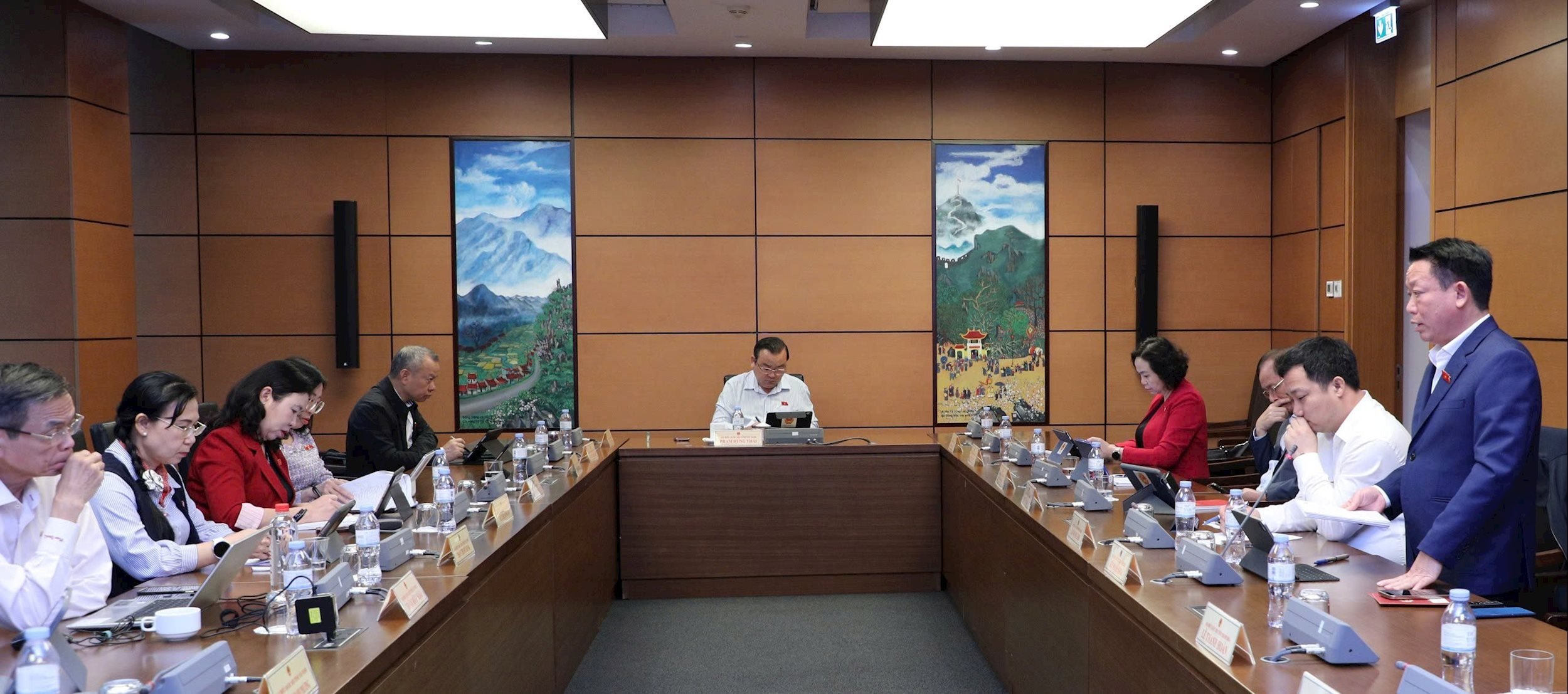
Overview of the discussion at group 3. Photo: Khanh Duy
Accordingly, the delegates proposed to clearly define the legal responsibility for false denunciations. If the denouncer clearly knows that the content of the denunciation is false but still denounces with the aim of slandering, pressuring, or profiteering, they must be subject to administrative sanctions, disciplinary action (if they are officials/civil servants), criminal prosecution (if causing serious consequences), and compensation for material and spiritual damages to the affected individuals and organizations. It is necessary to clarify in the decree the actions corresponding to the specific level of handling.
In addition, a mechanism for restoring the honor of the accused should be added when the accusation is found to be false. The agency handling the accusation must be responsible for publicizing the results of the false accusation. If the dignity and honor of the accused is seriously violated, the accuser must make a public apology in an appropriate form.
More importantly, the draft law also needs to add provisions to prevent the use of cyberspace for denunciation. Specifically, whistleblowers are not allowed to post or disseminate denunciation content without an official conclusion from the competent authority.
Stipulate a mechanism for handling cases where whistleblowers withdraw their complaints during the handling process, to ensure that they are still responsible if the complaint has been sent and has caused consequences. If the complaint is withdrawn to avoid being concluded as a false complaint, leading to the suspension of handling, the whistleblowers must also be responsible.
According to delegates, ensuring the above will help balance between protecting legitimate whistleblowers and preventing abuse of the right to denounce, protecting the honor and reputation of organizations and individuals, and improving the effectiveness of law enforcement.
Source: https://daibieunhandan.vn/bao-dam-an-toan-an-ninh-va-trat-tu-trong-hoat-dong-tiep-cong-dan-10395256.html







![[Photo] Prime Minister Pham Minh Chinh receives Lao Minister of Labor and Welfare Phosay Sayasone](https://vphoto.vietnam.vn/thumb/1200x675/vietnam/resource/IMAGE/2025/11/11/1762872028311_dsc-2246-jpg.webp)








![[Video] Draft documents of the 14th National Congress emphasize the key role of foreign affairs](https://vphoto.vietnam.vn/thumb/402x226/vietnam/resource/IMAGE/2025/11/12/1762905940110_dung00-24-48-14still009-jpg.webp)

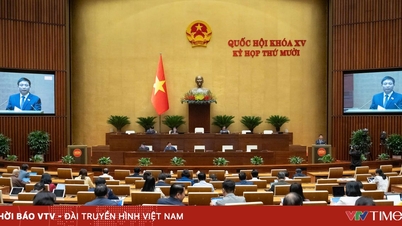

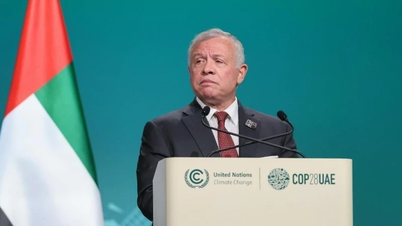


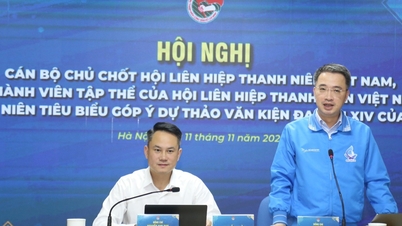





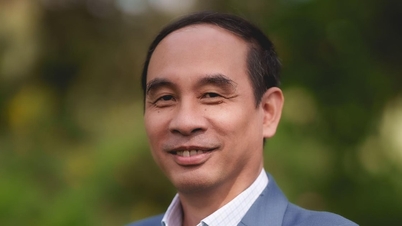
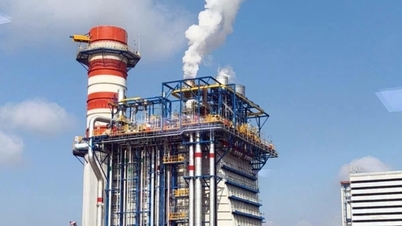

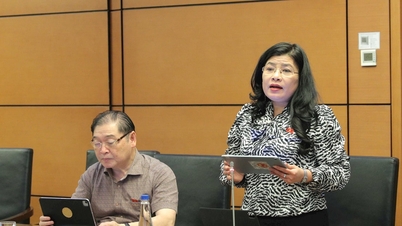

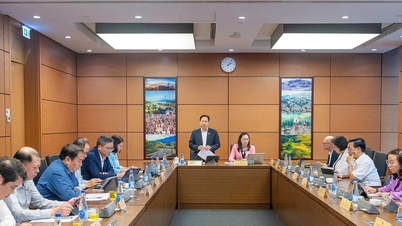








































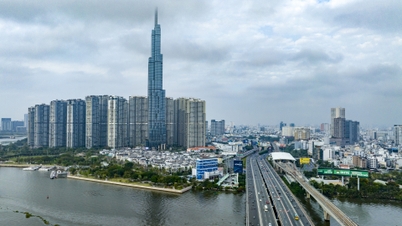
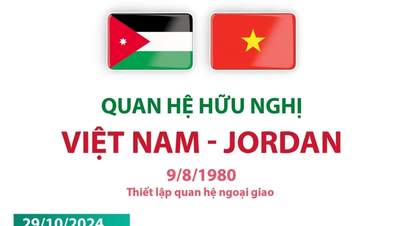








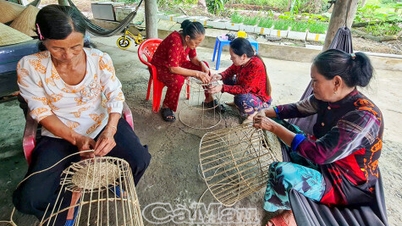



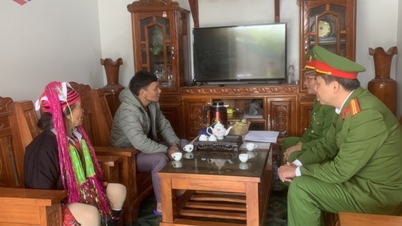
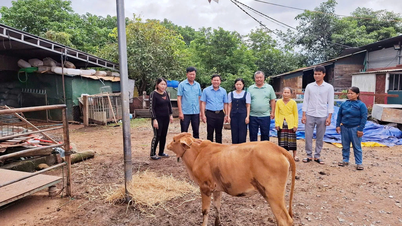


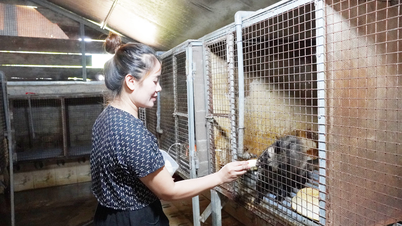




![Dong Nai OCOP transition: [Article 3] Linking tourism with OCOP product consumption](https://vphoto.vietnam.vn/thumb/402x226/vietnam/resource/IMAGE/2025/11/10/1762739199309_1324-2740-7_n-162543_981.jpeg)






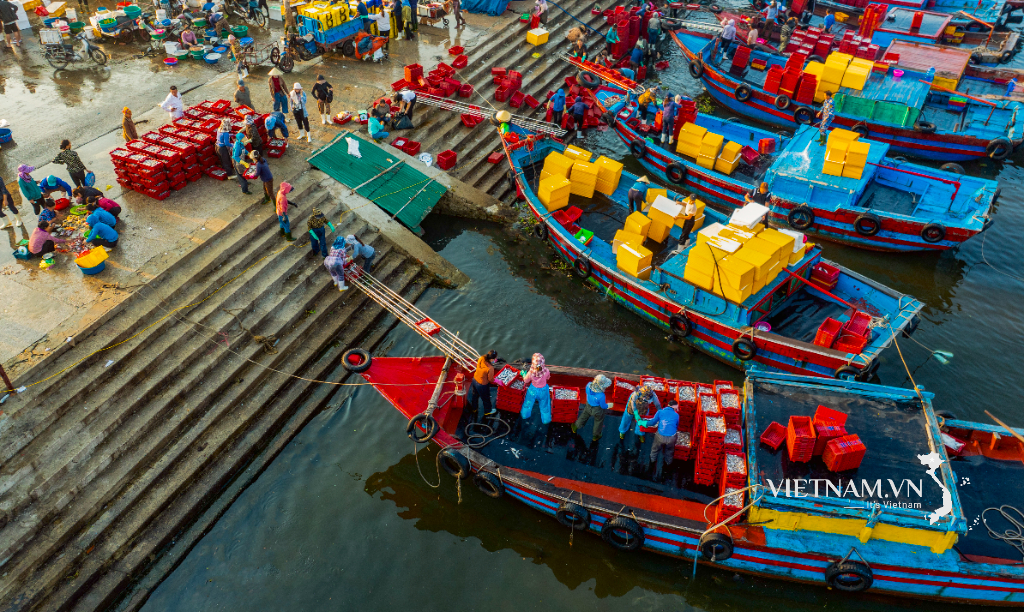

Comment (0)